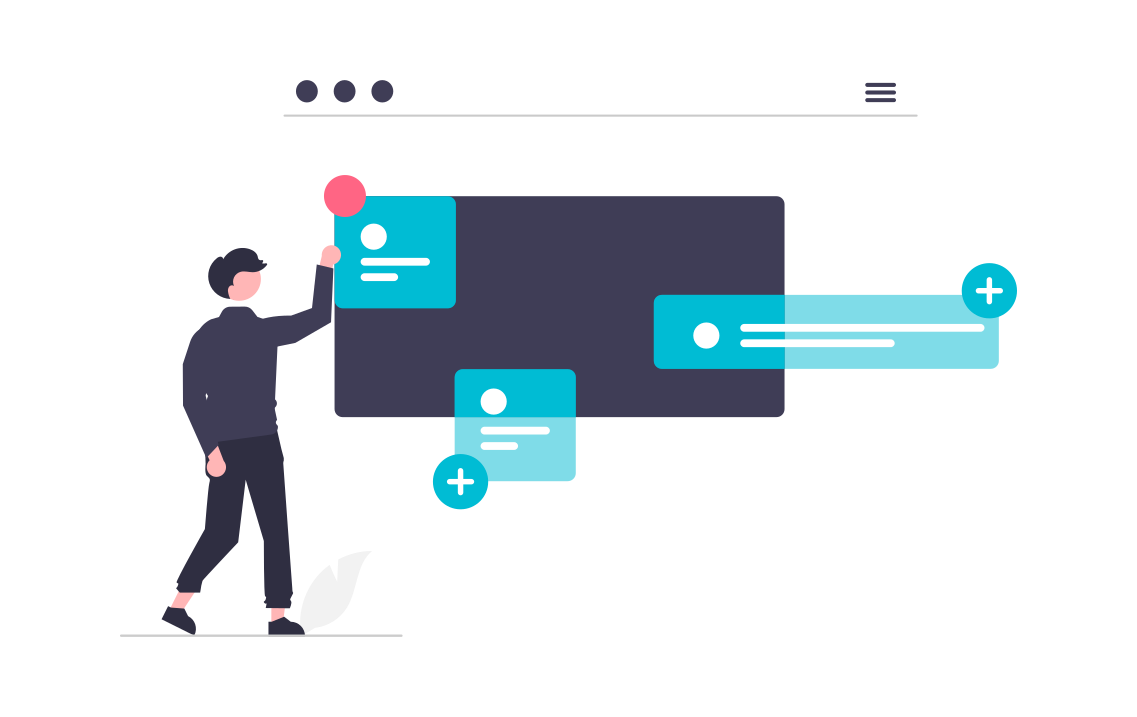
10 Best Practices for Successful Freelance Data Entry
1. Set clear goals
Before starting any freelance data entry project, it's important to set clear goals for yourself. This will help you stay focused and motivated throughout the project, and ensure that you deliver high-quality work to your clients. Some examples of goals you might set for yourself include completing a certain number of data entry tasks each day, meeting a specific deadline, or achieving a certain level of accuracy in your work.
2. Organize your work
Organization is key to success as a freelance data entry professional. This means keeping all of your projects, tasks, and deadlines in one place, whether that's a physical notebook or a digital project management tool. It also means creating a system for naming and storing files, so you can easily find what you need when you need it.
3. Use AI tools
Artificial intelligence (AI) can be a valuable asset when it comes to data entry. There are a variety of AI tools available that can help you automate repetitive tasks, improve accuracy, and boost your productivity. For example, you might use an AI-powered optical character recognition (OCR) software to scan and convert scanned documents into editable text, or a machine learning-powered tool to automatically classify and organize your data.
4. Communicate effectively
Effective communication is essential when working as a freelance data entry professional. This means keeping your clients informed about your progress, responding to their questions and concerns in a timely manner, and being honest if you encounter any issues or delays. By building strong relationships with your clients, you can ensure that they trust and value your work.
5. Stay up-to-date
The world of data entry is constantly evolving, with new technologies and best practices emerging all the time. To succeed as a freelance data entry professional, it's important to stay up-to-date with the latest trends and developments. This might mean reading industry blogs, attending conferences and workshops, or taking online courses.
6. Back up your work
As a freelancer, it's your responsibility to ensure that your work is always safe and accessible. This means regularly backing up your files to a secure cloud service or external hard drive. This way, in case of any unexpected event, you can easily restore your work without any problem.
7. Use keyboard shortcuts
Keyboard shortcuts can save you a lot of time and effort when working on data entry tasks. By memorizing a few basic shortcuts, you can quickly navigate and edit your documents, and move through your tasks more efficiently. Some of the most useful shortcuts to learn include copy (Ctrl+C), paste (Ctrl+V), and undo (Ctrl+Z).
8. Keep accurate records
Accurate record keeping is essential when working as a freelance data entry professional. This means keeping track of your income, expenses, and invoices, so you can easily manage your finances and stay on top of your taxes. It also means keeping detailed notes on each project, including the scope of the work, the deadline, and any specific instructions from the client.
9. Use templates
Using templates can save you a lot of time and effort when working on data entry projects. By creating templates for common tasks or document types, you can streamline your work and avoid having to start from scratch each time. For example, you might create a template for a client's invoicing format or a template for data entry of specific types of data. This will also help you to maintain consistency across different projects and clients.
10. Take breaks
Taking breaks is important for your mental and physical well-being, especially when working on repetitive tasks like data entry. By taking regular breaks, you can prevent burnout and maintain your focus and productivity. It's also important to take breaks to give your eyes a rest and prevent eye strain. This will improve your work quality and help you to stay motivated throughout your projects.
In conclusion, following these best practices can help you to succeed as a freelance data entry professional. By setting clear goals, staying organized, using AI tools, communicating effectively, staying up-to-date, backing up your work, using keyboard shortcuts, keeping accurate records, using templates, and taking breaks, you can improve your productivity and deliver high-quality work to your clients. Remember that the most important thing is to be consistent and diligent in applying these practices.